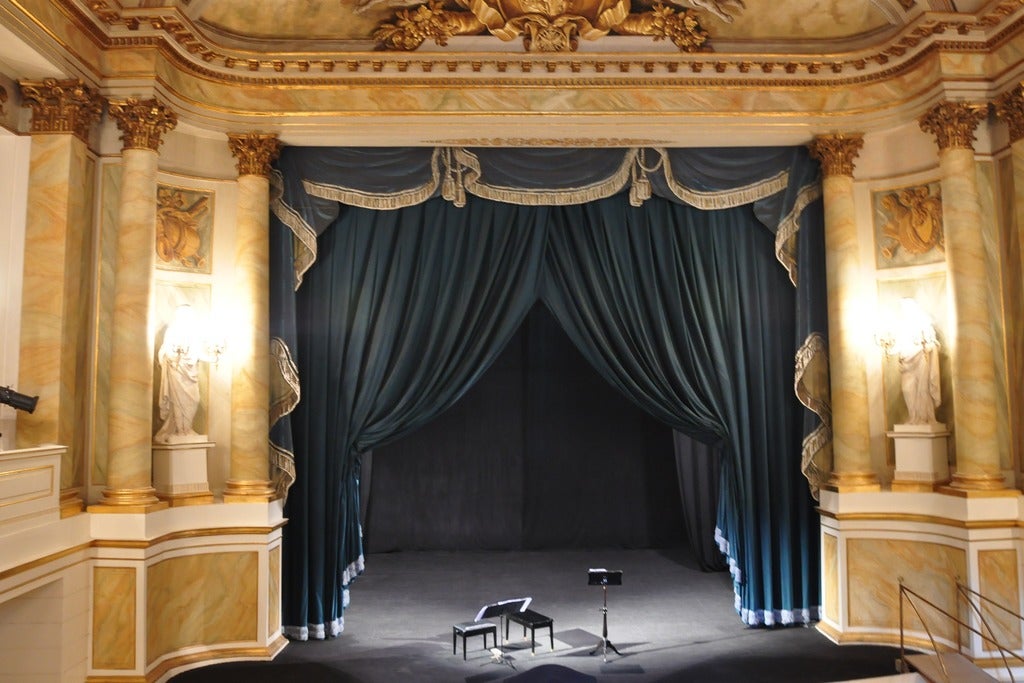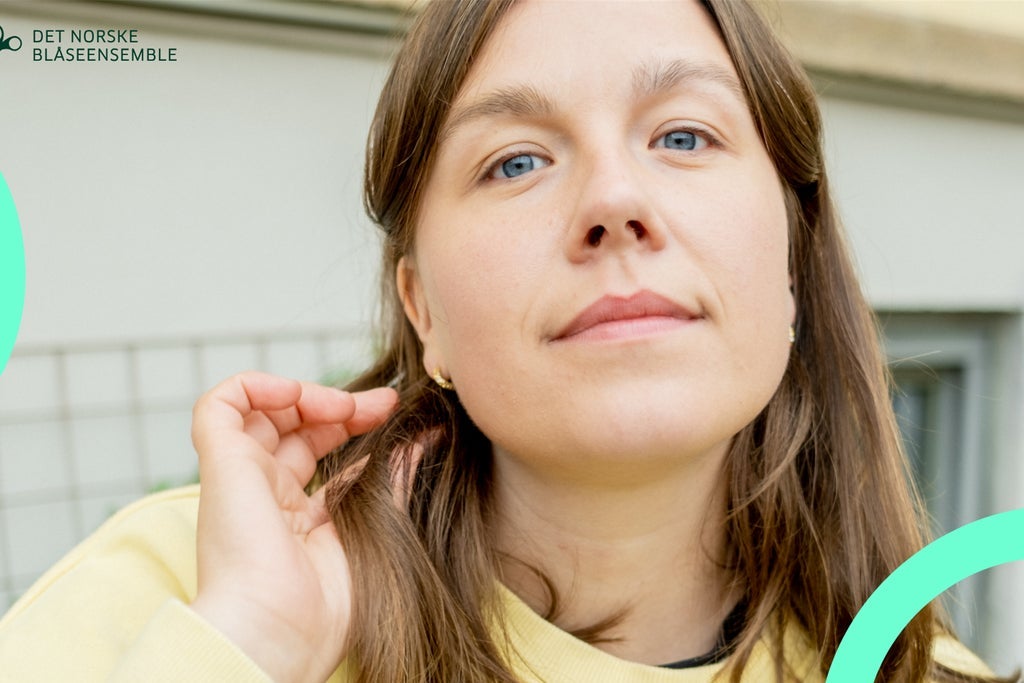Claude Debussy’s only opera, about lost love and forbidden relationships, is based on the Nobel Prize winner Maurice Maeterlinck’s play of the same name. Despite the work’s popularity, this is the first time that Pelléas and Mélisande will be performed at The Norwegian National Opera & Ballet.
Behind our new production is the young Australian director Simon Stone, who takes us into a closed, tightly-controlled world of dark family secrets, deep chasms, and light, young love.
Golaud is lost, but meets the mysterious woman Mélisande, who doesn’t want to tell him where she comes from. After marrying her in secret, Golaud takes Mélisande to his grandfather’s castle, where illness and mystery rule. When the young wife meets her husband’s younger half-brother Pelléas, something happens between them – “something bigger than myself,” says Mélisande. Observing the unfolding events Golaud becomes extremely jealous, and there is nothing that can be done to prevent the love triangle’s inevitable tragedy.
Psychological space
“Had I been God, I had pitied the hearts of men,” sighs Golaud’s grandfather, King Arkel. Even though it seems that the characters might be in a dream, Pelléas and Mélisande describes something genuinely human – perhaps even more so than true stories with their basis in reality. That which is implied but not said through Maeterlinck’s symbolic text is expressed through the detailed music. Debussy’s complex orchestral tones comment upon, explain and colour the events unfolding on stage, both physically and mentally, and consciously and unconsciously.
Cast and Creative team for Pelléas and Mélisande at Den Norske Opera & Ballett
Mélisande
Ingeborg Gillebo
Arkel
Anders Lorentzson
Genoveva
Randi Stene
Videos

|
The Sound of Music
Moster Amfi (8/6 - 8/16) | |

|
Hanne Boel Trio+Tour 2025
Chat Noir (3/23 - 3/23) | |

|
Vin versus glass
Bergenhus Snekkerbrakken (3/12 - 3/12) | |

|
Anna Kajander @ Antikvariatet
Antikvariatet (3/11 - 3/11) | |

|
Star Wars: The Force Awakens Live In Concert
Oslo Spektrum (4/26 - 4/26) | |

|
DNBE + Marthe Wang
Brygga Kultursal (3/15 - 3/15) | |

|
Rocky Horror Show
Oslo Nye Centralteatret (9/5 - 9/27) | |
| VIEW SHOWS ADD A SHOW | ||
Recommended For You



